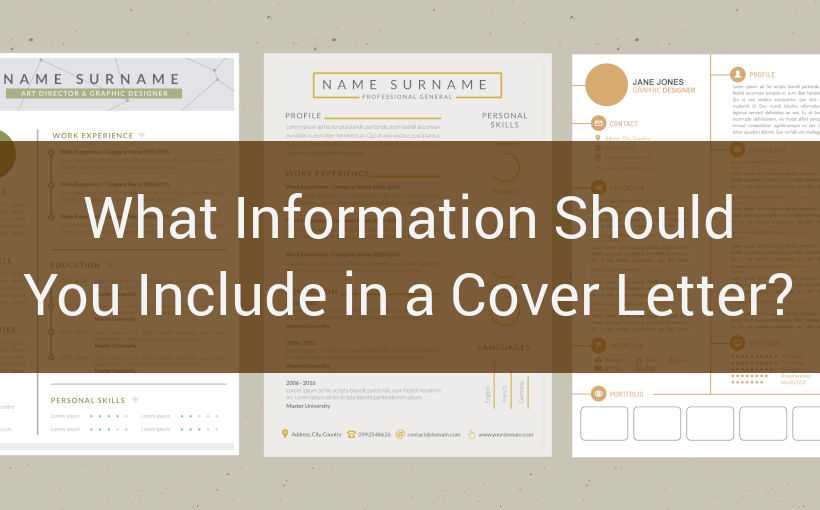What Information Should You Include in a Cover Letter?
Finding the Best Way to Write a Cover Letter That Includes the Right Information
There is much debate about the best way to write a cover letter. There are dozens of websites that offer advice on how to structure your cover letter to get attention. While these advice columns are well intentioned, they cannot provide the specifics needed to create a personalized look for your application.
You want to give the impression that you've crafted your cover letter specifically for the job you're applying. You should not reuse a generic cover letter that you'll for each job you're applying for. This is a distraction for recruiters as it clearly shows that you haven't given much time and attention to your resume.
Do Your Research Before Writing a Cover Letter
The cover letter should address the information provided in the job listing. Read all job requirements and make notes on how your personal experience applies to each. You'll want to draw attention to this information in your cover letter rather than focusing on unwanted elements. It is an crucial part of your application.
Don't repeat the items listed on your CV as this will be seen as a waste of time. Instead, provide more details on these items and add context to your work experience so that the reader can easily see how your experience matches what they're looking for.
One of the best ways to write a cover letter is to read about the company you are applying to before you begin to write. Read the company's mission statement and the specific tasks that you will work on if you join their ranks. Describe your unique skills as they apply to these tasks, so it is clear to your potential employer that you have taken the time to learn more about their business. This will make an impression that you will do a quality work if you are hired. You will also want to avoid including basic details about the company that seem irrelevant or trivial.
Regardless of what details you choose to include in your cover letter, present your qualifications and work experience in a positive light. This is not the place to discuss an argument with your past employer or the reasons for a gap in employment. Instead, talk about how you can grow to be a strong asset for the company and the unique skill sets you can bring to the job. Use your cover letter to make yourself sound appealing rather than bringing up controversial items that could make potential employers nervous.
Items to Avoid on a Cover Letter
Some people think that it is important to list references in a cover letter; others use this as an opportunity to name drop if they happen to know someone in the company. This is not recommended in most cases.
If you are seeking out a job because a specific person in the company is speaking on your behalf, it may be appropriate to include this information. However, name dropping without this person's consent can lead to an awkward or embarrassing situation for both of you. You cannot count on this person giving out the recommendation you hoped for if they are caught off guard. It is best not to risk their reputation by including information that could rock the boat. Furthermore, you may not be aware of the relationship this person has with their employer. If they are disliked and/or untrusted, their recommendation may actually hurt your application.
The best way to write a cover letter is to leave names and contact information out of the letter, and only provide this information if the employer specifically asks for it.
Related Posts

Sample Cover Letter Template for Customer Service – PDF & Doc

Optimizing Your Resume with a Basic Cover Letter – Basic Template & Example

How to End/ Close a Cover Letter with Writing Tips
About The Author
Letter Team
The team behind BestLetterTemplate.com understands the importance of effective communication in today's professional world and strive to provide you with the tools you need to make a lasting impression. Our team of experienced writers has created a wide range of templates for common letters, including recommendations, resignations, and cover letters. All of our templates are completely free to use and are designed to save you time and hassle. Whether you're a student, a recent graduate, or a seasoned professional, we've got you covered.

